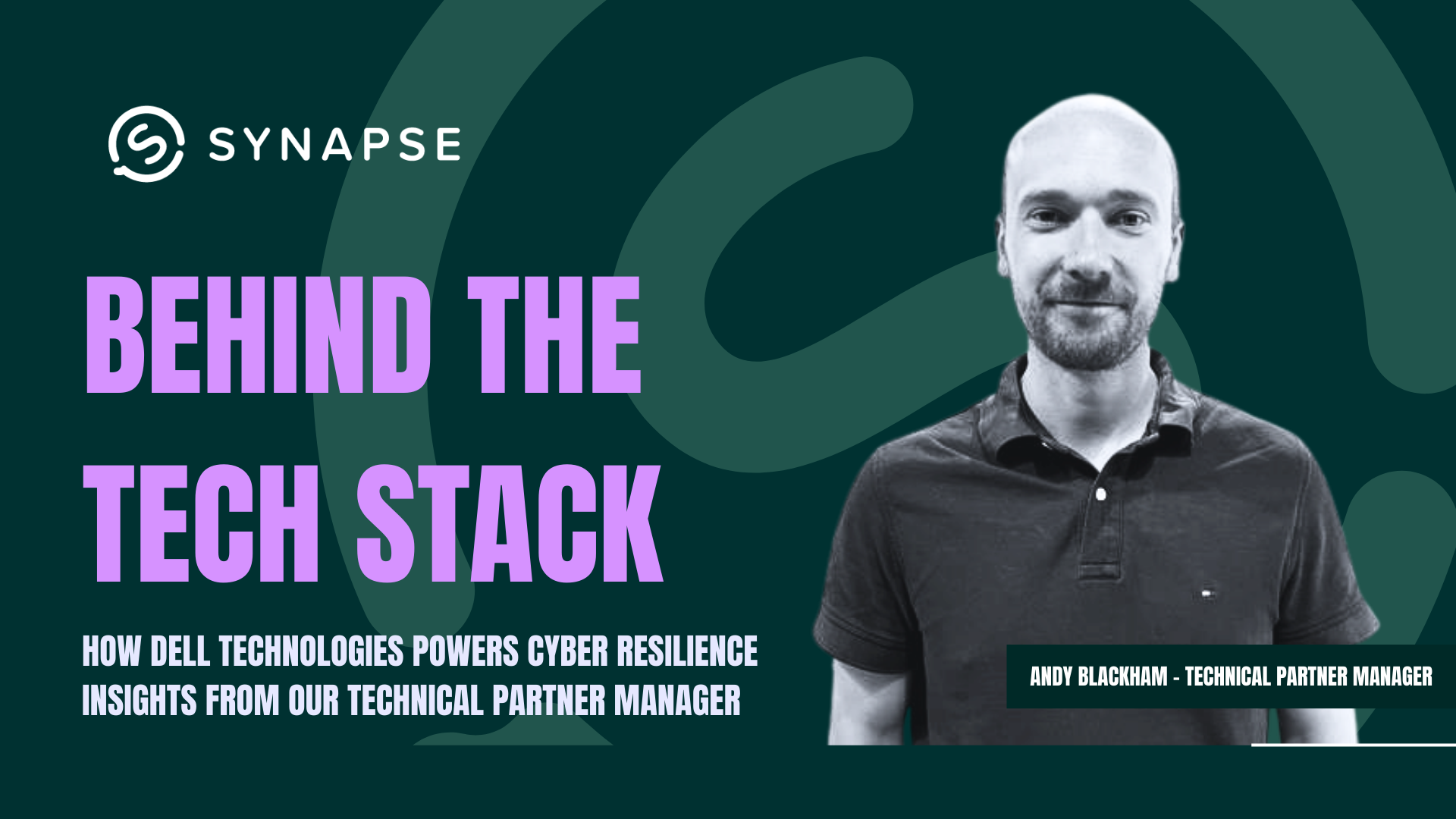
In recent years, the trend of organisations embracing single-vendor IT and security strategies has gained significant momentum. With the proliferation of the 'as-a-service' model, businesses now have a plethora of options for software and infrastructure solutions, making it more convenient than ever to rely on a single vendor for multiple services. However, while this approach may seem enticing in terms of simplicity and efficiency, it also comes with inherent risks, particularly in the realm of cybersecurity.
Dependence on a Single Provider
One of the most significant dangers associated with a single cloud vendor strategy is the heightened vulnerability to cyber threats. When all your digital assets and sensitive data are housed within a single cloud environment, any breach or attack targeting that vendor has the potential to inflict catastrophic damage on your entire enterprise. This risk is compounded in industries such as insurance and finance, where the nature of the data being handled makes organisations lucrative targets for cybercriminals.
Recent incidents, such as those reported by Dark Reading in October 2023, serve as stark reminders of the perils of relying solely on a single cloud vendor. In 2023 alone, multiple insurance companies fell victim to cyberattacks, resulting in significant data breaches and financial losses. For example, Sun Life was targeted through an attack on its vendor Pension Benefits Information LLC, while Prudential Insurance saw over 320,000 customer accounts impacted in a separate incident. Similarly, New York Life Insurance Company and Genworth Financial suffered breaches affecting tens of thousands to millions of individuals, all stemming from the same MOVEit file transfer cyberattack.
These cases underscore the interconnectedness of modern business ecosystems and the ripple effects that can occur when a single point of failure is exploited. By consolidating all their IT and security needs with one cloud vendor, organisations inadvertently create a single point of entry for cyber threats, making it easier for attackers to penetrate their defences and wreak havoc on their operations.
Moreover, the lack of diversification in cloud providers limits an organisation's ability to mitigate risk and recover from potential breaches. In a multi-cloud environment, where assets are distributed across multiple vendors, businesses have the flexibility to adapt their security posture and implement redundancy measures to limit the impact of an attack. However, in a single cloud vendor scenario, such options are severely limited, leaving organisations more vulnerable to prolonged downtime, reputational damage, and regulatory scrutiny.
To address these challenges, businesses must adopt a nuanced approach to cloud vendor selection and risk management. While the allure of consolidation may be tempting, it's essential to weigh the benefits against the potential risks and consider the broader implications for cybersecurity resilience. Implementing robust security protocols, conducting regular audits and assessments, and diversifying cloud investments can help mitigate the inherent vulnerabilities associated with a single vendor strategy.
While the convenience and efficiency of a single cloud vendor strategy may seem appealing, it's crucial for organisations to identify the inherent risks involved, particularly in the context of cybersecurity. By diversifying their cloud investments, implementing robust security measures, and remaining vigilant against emerging threats, businesses can better safeguard their digital assets and mitigate the potential impact of cyberattacks on their operations and reputation.
Partner with us...
At Synapse360, we acknowledge the individuality of every enterprise, recognising that each business confronts its own distinct set of obstacles. Leveraging our team of seasoned experts and drawing upon our extensive experience, we can create a bespoke solution perfectly tailored to your specific needs. Trust in our proven track record and engage with a member of our dedicated sales team today by reaching out to sales@synapse360.com.
Blog & Articles
Posts


.png)
.png)